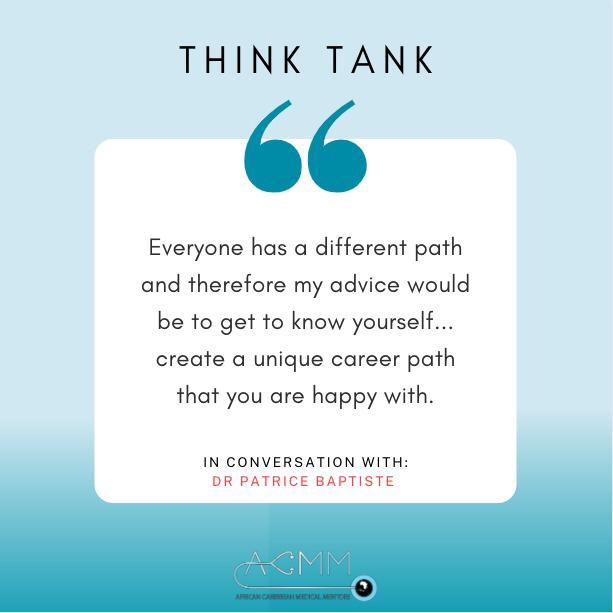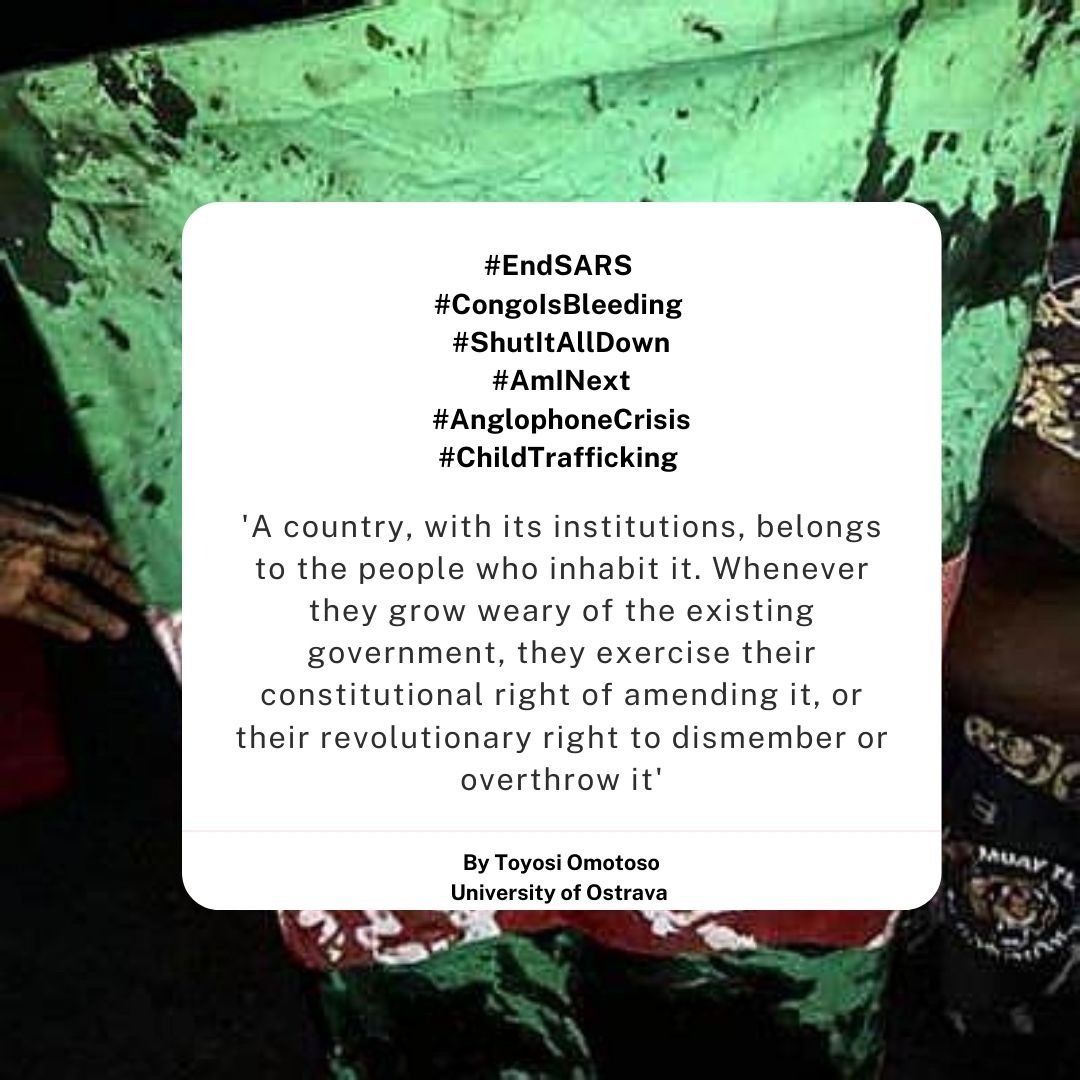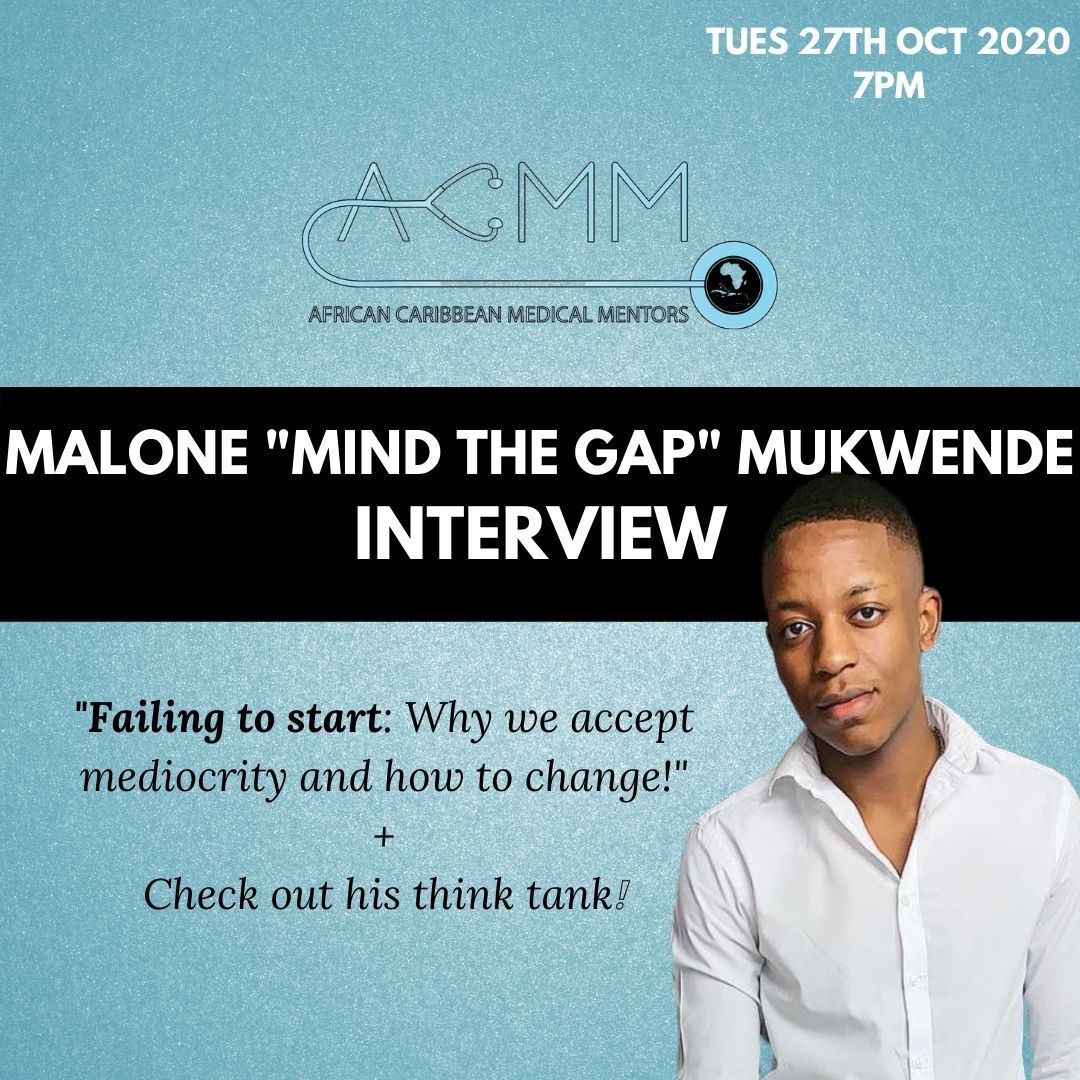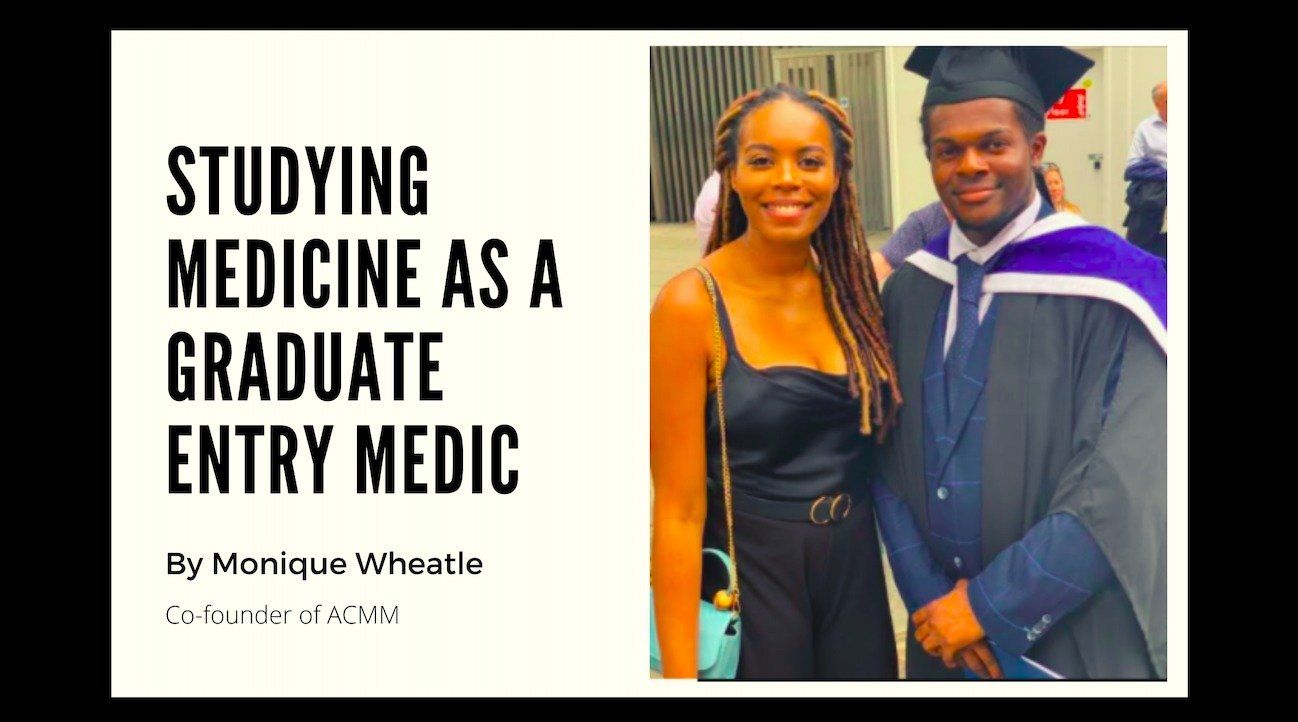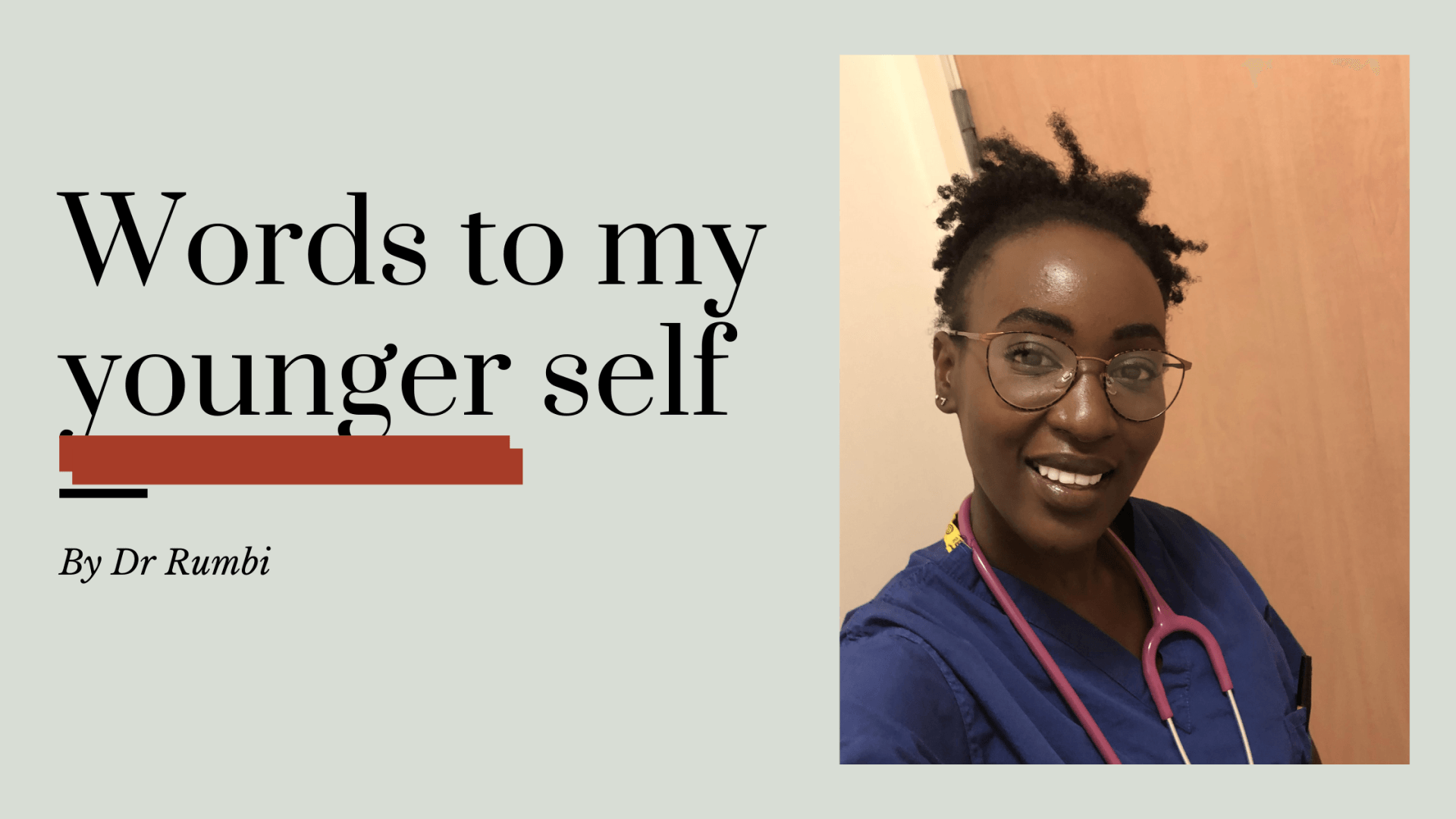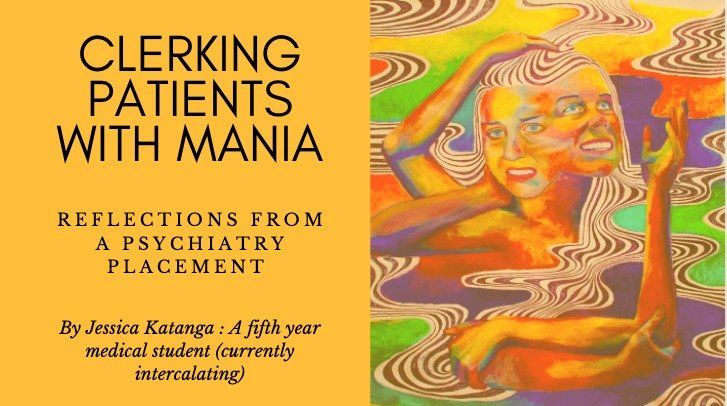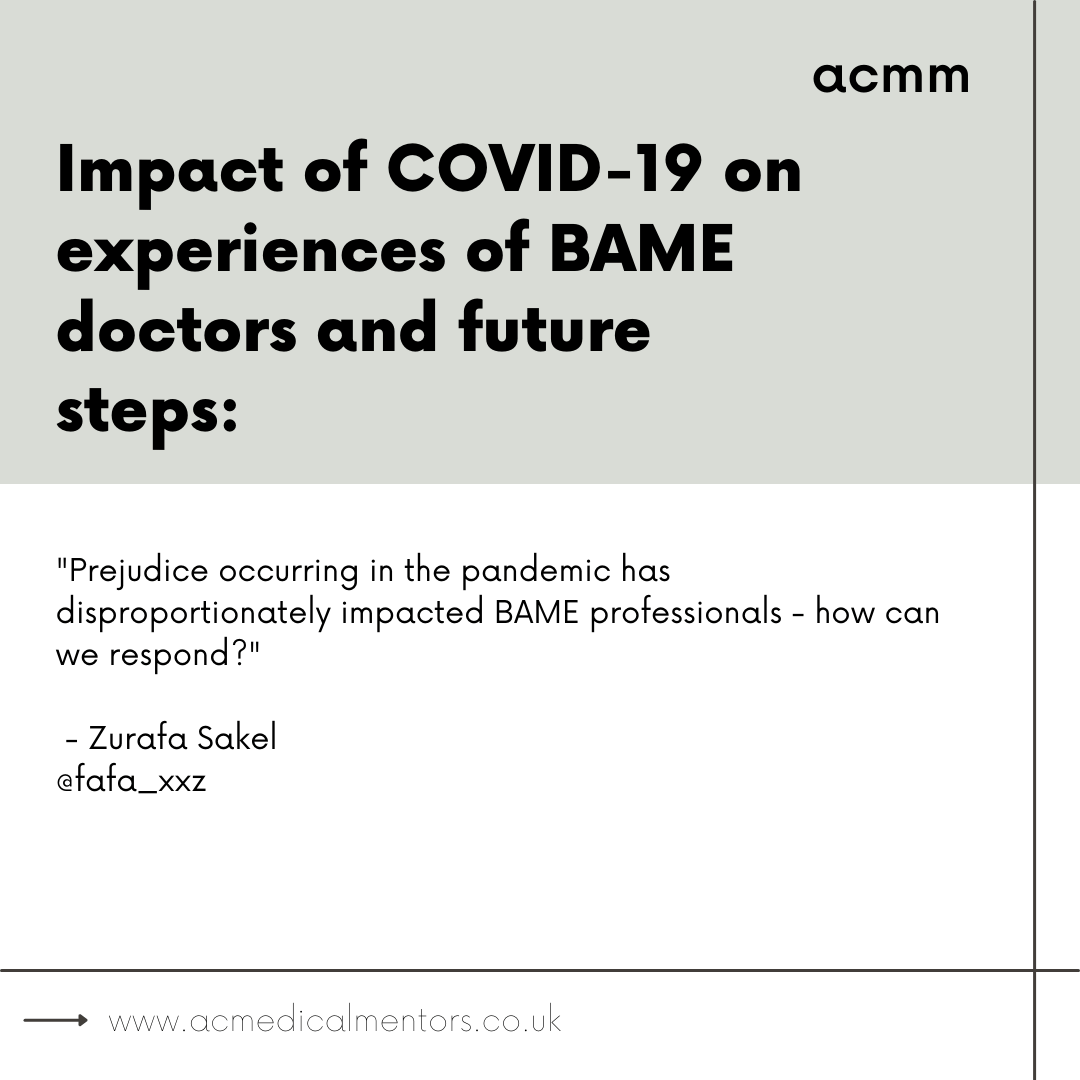Black Impact in Medicine: How this shaped the journey to medicine for me
“Accomplishments have no colour.” - Leontyne Price
This statement says a lot in a few words - partially true in my opinion. For example, when we turn on lights or boil a hot cup of tea, we never sit down to think about the racial background of the respective inventor/creator. However, have you ever wondered what contributions our own black people have brought to the table? What about in the realm of medicine? We don’t learn much in school apart from how black people were oppressed. However, at notable times of the year such as Black History Month, we now have a chance to celebrate how far black people have come.

I’ve always wondered if I would have been able to live through the hardships and racial injustices our ancestors did - would I have the emotional strength to still pursue the goals and dreams I have now? History shows that both black women and men went against the grain dating all the way back to slavery, unwittingly paving the way for successors today. In 1721, an enslaved African named Onesimus, described the African method of inoculation against smallpox which was later used to protect American Revolutionary War soldiers. In 1864, Dr. Rebecca Lee Crumpler was the first African American female to earn a medical degree, and to graduate from New England Female Medical College, Boston.
I’ve come to learn the key things that have driven black people at the time of such prejudice: fearlessness and the will to want change. James Durnham, in 1762 began his own medical practice after buying his own freedom from slavery. He was owned by a number of doctors and was able to improve his skills to where he had his own flourishing practice, however he was later restricted because he did not have a formal medical degree. Some could argue that he was the first African-American doctor in the United states.
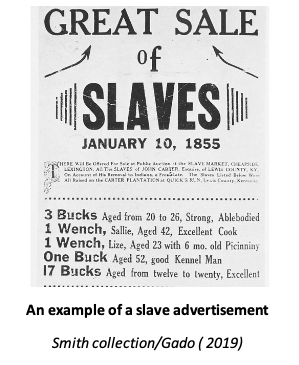
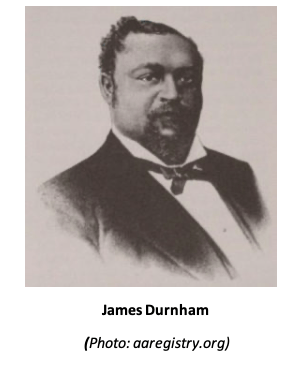
Black impact in the US revolutionised changes for black people all over the world. We can never forget the impact of Black British nurse Mary Jane Seacole. Many of us know of her but sometimes the depth of the selflessness of people like her gets lost in history, especially those who were not native to the UK. Born and raised in Jamaica, she helped treat those affected by the Kingston cholera pandemic. She then came to England in 1854 after the start of the Crimean War to join the British War Office to go and help wounded soldiers in Ukraine. After being rejected, she decided to raise money for herself to travel to Balaclava, Ukraine and set up the British Hotel where she could tend to the injured soldiers. She also visited the battlefield to treat the wounded and became known as ‘Mother Seacole’.

Her story shows us that when there is a will - there’s a way, despite the circumstances. It could be argued that in today’s era we have many more privileges than those who lived before us, but even so, you can’t help but feel inevitably discouraged sometimes along your medical journey. Now the question I always ask myself is ‘what if my story is the one that also paves the way for others?’ and ‘If I give up, what does it mean for others that come after me?’
Other examples of black contributions in medicine include Dr John Alcindor in 1873 who came from Trinidad. After graduating, he carried out research and published articles on cancer, influenza and tuberculosis and worked to prevent syphilis and tuberculosis in Great Britain.
Dr Harold Moody also came from Jamaica and studied in King’s college but due to racial prejudice, was not able to secure a job in a hospital. Despite this, in 1922 before the NHS was established, he offered a free health service to poor families.
There are many black pioneers of dentistry such as William Thomas Jefferson who joined the army as a dentist and oversaw the dental health for all of the soldiers all whilst serving as a lieutenant. He made several efforts to set up a regimen for black men at his dental practice. George F. Grant found interest in the dental field after being born to slaves and doing deliveries for a dentist. He later studied at Harvard Dental School and made several contributions to cleft palate procedures. He was the first black dentist to teach at Harvard Dental School.
“If you think you're too small to have an impact, try going to bed with a mosquito in the room.”
- Anita Koddick

Without these individuals and many others, it is clear that a vast majority of things we read in our textbooks today would be non-existent. If anything, the message is clear: Persevere despite the hardships we face as black people in society, even in present time. You just never know the magnitude of your impact.
- Emefa Vondee, 6th year medical student
References
https://guides.mclibrary.duke.edu/blackhistorymonth/chronology
https://dentalsave.com/blog/a-tribute-to-black-dental-pioneers/
